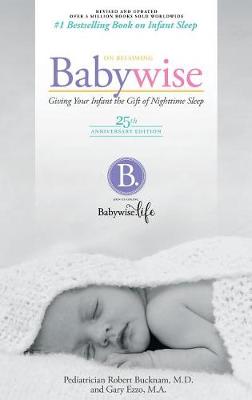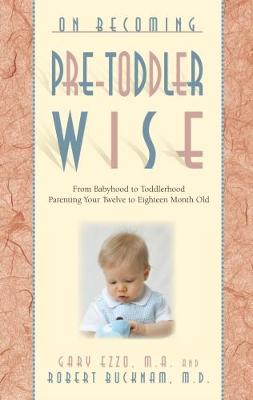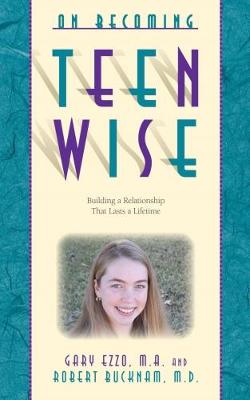On Becoming...
4 total works
Distinguished pediatrician Dr Robert Bucknam, M.D. and co-author Gary Ezzo are two of the world's leading experts on baby sleep and feeding patterns. This updated Anniversary edition celebrates 25 years with Bucknam and Ezzo's groundbreaking approach.
You help your son blow out his first birthday candle and Great Aunt Lilly proclaims, "He's a toddler now!" Not so fast! The period between 12 and 18 months places a child on a one-way bridge to the future. Infancy is a thing of the past, and toddlerhood is straight ahead. A baby still? Not really, but neither is he a toddler; and that is the key to understanding this phase of growth. Take a couple of photos, because the child leaving infancy will not resemble the child entering toddlerhood six months down the road. This is a period of metamorphosis when his potential for learning seems limitless, his budding curiosity unquenchable and his energy level steadily growing. This is also a period of great exchange: baby food is exchanged for table food; the highchair for booster seat; finger feeding replaced with spoon; babbling sounds will transition to speaking; the first unsteady steps are conquered by strides of confidence, and the list goes on.
Why do teenagers rebel? Is it due to hormones, a suppressed primal desire to stake out their own domain, or a natural and predictable process of growth? To what extent do parents encourage or discourage the storm and stress of adolescence? On Becoming Teenwise looks at the many factors that make living with a teenager a blessing or a curse. It exposes the notions of cultural myth and brings to light the proven how-to applications of building and maintaining healthy relationships with your teens. For some parents, the biggest challenge is to get their teen to turn off the bedroom light without being reminded. Others are faced with school and peer influences but no serious relational difficulty. Yet, many others are in open war with their teens and are deeply troubled, to the point of despair. They are overwhelmed by the feeling that something has gone dreadfully wrong and are continually berated by an inner voice that relentlessly chants, "You are a failure."



